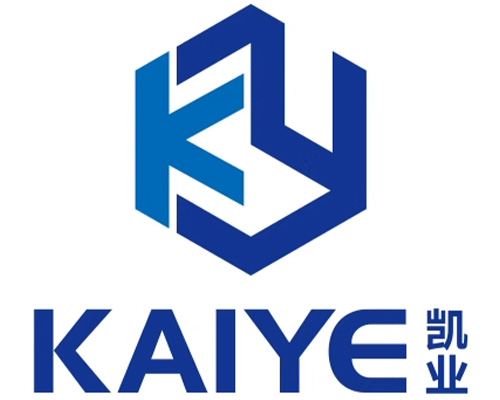As the global manufacturing industry undergoes rapid transformation and upgrading, the sheet metal sector—an essential part of the industrial supply chain—is also entering a period of significant change. Amid growing market opportunities, sheet metal manufacturers continue to grapple with several persistent pain points that call for urgent breakthroughs.
Pain Points: Challenges That Cannot Be Ignored
1. Uneven Levels of Automation
While some leading companies have adopted advanced technologies such as laser cutting, CNC bending, and robotic welding, many small and medium-sized sheet metal factories still rely heavily on manual operations. High costs and long payback periods for automation equipment deter investment, limiting productivity and quality consistency.
2. Increasingly Fragmented Orders
Customized, small-batch, and diversified orders have become the norm. Frequent changes in production schedules, tight delivery timelines, and complex job shop management are placing immense pressure on manufacturers.
3. Shortage of Skilled Labor
Skilled professionals such as welders, bending operators, and CNC programmers are becoming increasingly difficult to recruit and retain. As younger generations favor service or tech-based industries, the labor shortage becomes a hidden barrier to sustainable growth.
4. Fierce Homogeneous Competition
Low barriers to entry have resulted in severe price wars across many segments of the sheet metal industry. Without strong brand identity or technological differentiation, companies struggle to escape a vicious cycle of low profit margins and unstable client relationships.
Breakthroughs: The Way Forward
1. Digitalization and Smart Manufacturing
More companies are embracing digital transformation through MES systems, ERP software, and Industrial IoT technologies. These tools help streamline operations from order placement to delivery, enhancing transparency, efficiency, and responsiveness.
2. Strengthening Design and Process Capabilities
Shifting from “build-to-print” services to “design collaboration” and “one-stop fabrication solutions” is becoming a new path to value creation. Sheet metal providers with in-house engineering support and process optimization expertise can build stronger, longer-term partnerships with clients.
3. Expanding into Global and High-End Markets
As Chinese sheet metal capabilities improve, overseas demand for high-precision, high-reliability parts is on the rise. Companies equipped with strong quality systems and international certifications (e.g., ISO, CE) are increasingly entering global supply chains and serving industries such as medical, aerospace, and new energy.
4. Differentiation and Brand Building
Forward-looking companies are carving out niches by focusing on specific sectors (e.g., EVs, telecom, automation), specialized structures, or ultra-fast lead times. These differentiation strategies help transform sheet metal factories into solution providers with stronger client loyalty and industry
The challenges facing the sheet metal industry are real—but so are the opportunities. Technological innovation, market evolution, and customer demand are driving the industry toward a smarter, more agile future. By embracing change and pursuing continuous improvement, sheet metal companies can break through limitations and embark on a transformative journey—from traditional manufacturing to intelligent fabrication.

